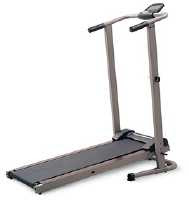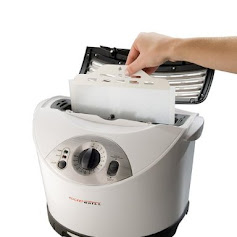When your budget is tight and you don't have much money to spend on groceries, stocking up on kitchen pantry essentials can be a great way to stretch your dollars. Here are some must-haves that you should always have in your pantry. These items go a long way and will save you money in the long-term buying in bulk:
Bored? A fun blog for people in need of creative ideas who become easily bored. Find out what Americans do when they are bored at home, work and school. Enjoy articles about boredom and interesting videos people post when bored. Don't be bored. Get some great tips from bored people who know how to bounce back to lively lifestyles.
Friday
Must-Have Items When You Have Little Money for Groceries (What to Shop For)
New Business Owners: How to Keep Your Personal Life and Business Private from Prying Eyes
When you own your own business, it can be difficult to keep your personal life private. Whether it’s in person or online, there are always people trying to get access to your information and use it against you. To protect yourself and your business, here are some tips on how to keep your personal life and business private from prying eyes:
1. Use Strong Passwords - It is important to have strong
passwords for all of your accounts related to both personal and business
matters. This includes email accounts, social media profiles, banking accounts,
etc. It's best practice not to use the same password across multiple accounts
as that makes them increasingly vulnerable should they be compromised. Also
make sure that passwords are complex by using a mix of uppercase and lowercase
letters, numbers, and symbols.
2. Limit What You Share - When it comes to social media,
make sure that you are careful about what content you share publicly with your
friends or followers. Although it can be tempting to post everything online, it
is important to think through the consequences of making such posts publicly
available. Consider not only your business image but also potential legal
implications if any content could be used against you later.
3. Secure Your Data - To keep your personal information
secure, consider using encryption software for emails, documents, financial records,
and other sensitive files. This will ensure that even in the event of a data
breach, the information remains protected from hackers. You should also
maintain good security practices such as regularly backing up your data and
using secure file-sharing services when needed.
4. Monitor Your Cyber Activity - It is important to be aware
of what information is being accessed or shared online. Regularly checking your
accounts for any suspicious activity can help protect you from unwanted access
or malicious use of your personal data. Additionally, be sure to use a secure
browser and antivirus software to help protect you from cyber threats.
By following these tips, you can ensure that your personal
life and business remain private from prying eyes. Not only will this keep you
safe, but it will also benefit the reputation of your business in the long run.
Taking steps to protect yourself now will prevent future headaches and stress
in the future.
Additionally, if you encounter a security breach or suspect
someone is trying to access your data without permission, it is important to
contact professionals as soon as possible. They can help ensure that your
personal information remains secure and private.
Saturday
Wednesday

Could your body use a workout?
Noteworthy Blogs and Sites

Why not try a new recipe using a new gadget?
Worthwhile Links

If you must watch the game, why not go to it!

Buy a playstation or some other gaming system!
